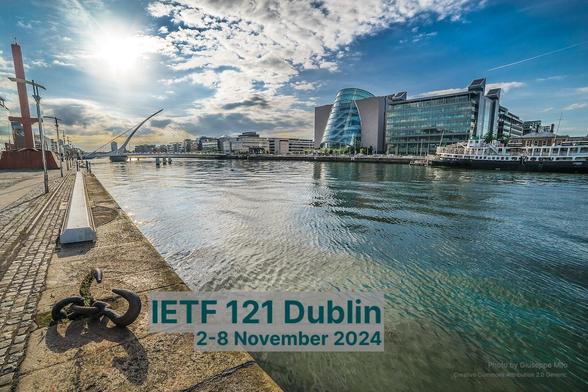The IETF working group that I co-chair, PQUIP, had its first RFC published today. RFC 9794, "Terminology for Post-Quantum Traditional Hybrid Schemes", lists and describes terms used in post-quantum cryptography that are specific to the hybrid schemes that have become the focus for much of the PQC development work.
In short hybrid schemes are those that fully mix both post-quantum and traditional asymmetric algorithms. There are a lot of ways to mix them (some better than others), and thus there are a lot of properties that different mixtures have. The result is a lot of potentially confusing vocabulary full of similar-looking four-word chains. This document lays out all the differences so that other groups (other IETF working groups, other standards development organizations, governments making standards, ...) can be precise about what schemes they are adopting and why.
Congrats to the WG and the RFC authors!
https://datatracker.ietf.org/doc/rfc9794/
#ietf #rfc #pqc
(not using hashtag-hybrid because this ain't about cars, and certainly not using hashtag-crypto because bleaugh)
